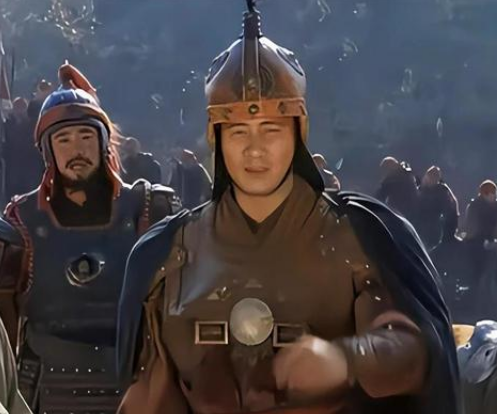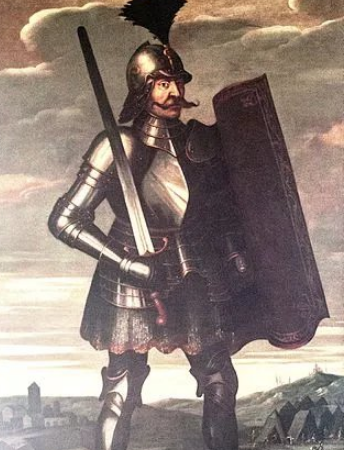When we enjoy the soft and delicious steamed buns, few people would ever think about their origin and history. As an ancient type of noodle food, steamed buns occupy an important position in Chinese food culture. However, there is a widely known legend about the inventor of steamed buns: it was invented by Zhuge Liang, the chancellor of Shu Han during the Three Kingdoms period. But is this a historical fact or just a beautiful legend attached by later generations?

According to historical records, Zhuge Liang was an outstanding politician, military strategist, litterateur, calligrapher, and inventor. His wisdom was reflected in many fields, including innovations in weapons and military equipment. However, attributing the invention of steamed buns to Zhuge Liang lacks conclusive historical evidence. Authoritative historical records such as "Records of the Three Kingdoms" do not mention any direct connection between Zhuge Liang and steamed buns.
In fact, according to existing literary materials and archaeological discoveries, the history of steamed buns can be traced back to a period even earlier than the Three Kingdoms. Ancient steamed buns were known as "bing" and were recorded during the Han Dynasty. The term "steamed bun" first appeared during the Northern and Southern Dynasties, referring to a type of noodle food without fillings. Therefore, the emergence of steamed buns predates Zhuge Liang's lifetime by several hundred years.
The true inventor of steamed buns is unverifiable, but we can speculate that it was gradually developed by the ancient Chinese laboring people through long-term production and living practices. With the advancement of flour processing technology and the popularization of fermentation techniques, steamed buns gradually became a common food in people's daily diets.
Although steamed buns were not invented by Zhuge Liang, this does not affect our admiration for his wisdom and contributions. Zhuge Liang's image has been endowed with many mythical colors in later generations, and he is considered a symbol of wisdom and loyalty. This is why there are some folk stories or legends that associate steamed buns with him.
In conclusion, as a traditional noodle food, the origin of steamed buns predates Zhuge Liang and is closely linked to the wisdom and living practices of the ancient Chinese people. Although we cannot attribute the invention of steamed buns to Zhuge Liang, we can be certain that this simple yet versatile food will continue to play an important role on the dining tables of China and the world.
Disclaimer: The above content is sourced from the internet and the copyright belongs to the original author. If there is any infringement of your original copyright, please inform us and we will delete the relevant content as soon as possible.
































